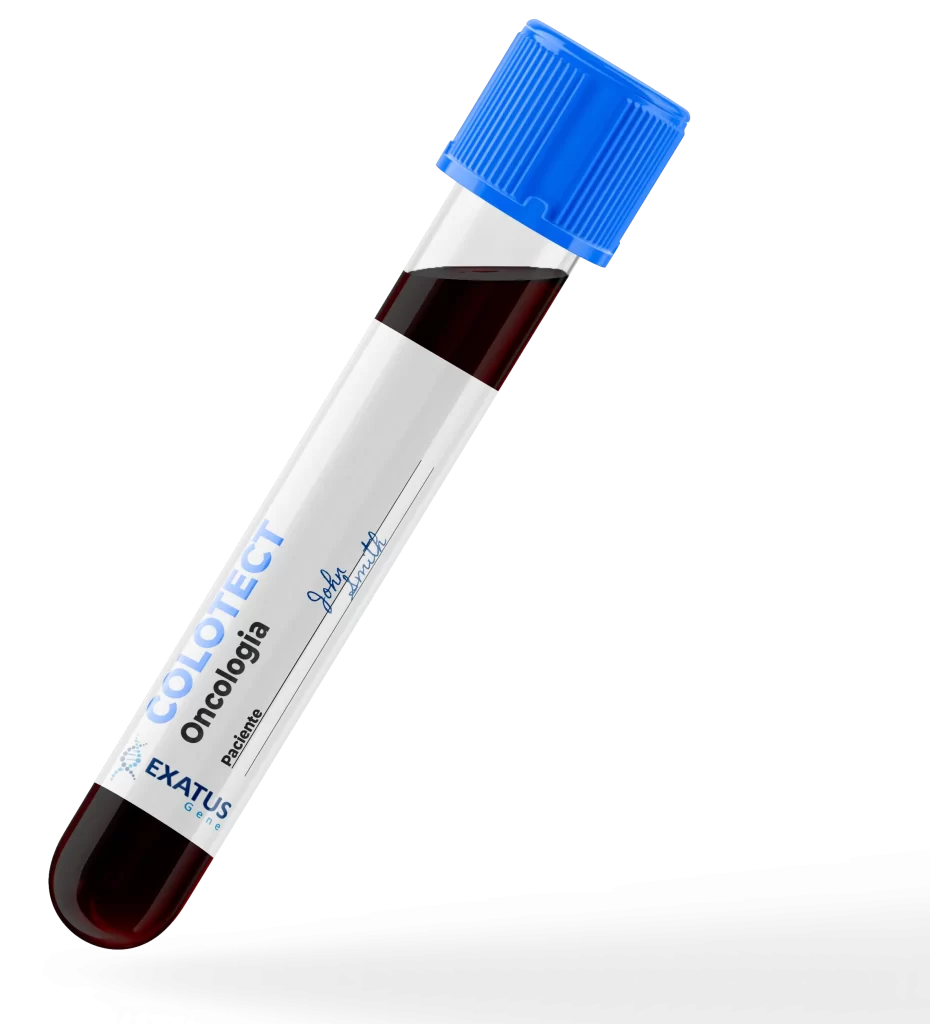
COLOTECT is a highly sensitive, non-invasive test for detecting colorectal cancer (CRC) and precancerous lesions. It analyzes fecal samples using specific PCR for multimethylation, identifying abnormal genetic markers associated with CRC. The detection of gene methylation status in exfoliated cells allows the identification of colorectal cancer and precancerous lesions, even in the absence of active bleeding.
The data presented here comes from the Global Cancer Observatory, owned by the World Health Organization/International Agency for Research on Cancer (last accessed 17 August 2022).
The data presented here comes from the Global Cancer Observatory, owned by the World Health Organization/International Agency for Research on Cancer (last accessed 17 August 2022).
Moghimi-Dehkordi B, Safaee A. An overview of colorectal cancer survival rates and prognosis in Asia. World J Gastrointest Oncol. 2012;4(4):71-75. doi:10.4251/wjgo.v4.i4.71
Consider this test in the following cases:
The panel includes:
SDC2, ADHFE1 e PPP2R5C
The methodology used for this test is as follows:
Feces: No fasting required.
Up to 15 calendar days
Medical request.

| Type | Description |
| Technique | Multiplex Fluorescent PCR |
| Sensitivity | 87% Sensitive for CRC and 42.1% Sensitive for Colorectal Adenoma |
| Coverage | >93% |

Main Office Rua Bento Gonçalves, 59, Room 802 — Centro, Marau, RS — 99150-000
Porto Alegre Office Rua Gomes Jardim, 301 , Room 918/909 — Santana, Porto Alegre, RS — 90620-130